In the fast-paced world of commercial trucking, safety and compliance are more than legal requirements, they are the foundation of a reliable transportation network. Behind every regulation, inspection, and safety rating stands one powerful agency ensuring that carriers, drivers, and fleets operate responsibly across America’s highways. That agency is the Federal Motor Carrier Safety Administration (FMCSA), the cornerstone of DOT compliance and the driving force behind safer roads nationwide.
Introduction
Every trucking company and commercial carrier operating in the United States must comply with Department of Transportation (DOT) regulations. At the center of this complex compliance structure stands the Federal Motor Carrier Safety Administration (FMCSA). This agency not only writes and enforces safety rules for commercial carriers but also ensures that transportation companies meet the highest safety and operational standards. Understanding FMCSA’s purpose, structure, and authority is essential for any business involved in interstate commerce.
The Origin and Mission of FMCSA
The FMCSA was established on January 1, 2000, as a separate agency under the U.S. Department of Transportation. Its creation stemmed from the need to address rising concerns about large truck and bus crashes. The agency’s core mission is to reduce crashes, injuries, and fatalities involving commercial motor vehicles (CMVs).
FMCSA achieves this by implementing policies, conducting safety audits, issuing regulations, and monitoring compliance across all U.S. states. Its programs target drivers, carriers, and vehicles, ensuring each operates safely and efficiently. The agency’s vision is not just to enforce the law but to create a culture of safety and accountability in the transportation industry.
FMCSA’s Role Within the Department of Transportation
FMCSA operates under the umbrella of the U.S. Department of Transportation, but it functions independently within its specific mandate of commercial vehicle safety. It coordinates closely with other DOT branches such as the Federal Highway Administration (FHWA) and National Highway Traffic Safety Administration (NHTSA).
While the FHWA focuses on road infrastructure and NHTSA handles vehicle safety for all motorists, FMCSA zeroes in on the commercial sector, overseeing drivers, carriers, and freight operators. Its alignment with DOT ensures that all transportation safety initiatives work cohesively toward one national goal: safer roads for everyone.
Key Functions and Responsibilities of FMCSA
The FMCSA performs several vital functions that form the foundation of DOT compliance. These include:
- Developing and enforcing safety regulations for CMVs
- Overseeing licensing standards for commercial drivers
- Conducting audits and inspections for carrier operations
- Managing safety data through systems like SAFER and SMS
- Administering registration and certification programs
Each function contributes to maintaining a safe transportation system. From issuing USDOT numbers to monitoring compliance performance, the agency’s work influences every part of the trucking and logistics industry.
Understanding FMCSA’s Regulatory Authority
FMCSA enforces its regulations through the Federal Motor Carrier Safety Regulations (FMCSRs) and Hazardous Materials Regulations (HMRs). These laws apply to all carriers operating in interstate commerce.
The agency has authority to issue fines, suspend operations, or revoke registration for carriers found in violation. Its enforcement methods include roadside inspections, compliance reviews, and new entrant audits. By integrating data from multiple safety programs, FMCSA ensures consistent oversight and accountability across the entire commercial vehicle network.
To learn more about these rules, see:
What is DOT Compliance?
FMCSA’s Organizational Structure
FMCSA’s structure supports its mission to improve safety through coordinated management. The agency is led by an Administrator, supported by several regional and state-level offices.
Key divisions include:
- Office of Enforcement and Compliance: Handles inspections, investigations, and penalties.
- Office of Registration and Safety Information: Oversees carrier registration and safety data systems.
- Office of Policy: Develops regulations and policy guidance.
- Office of Analysis, Research, and Technology: Analyzes safety trends and develops new programs.
This decentralized structure allows FMCSA to maintain direct engagement with state enforcement partners while upholding national safety standards.
FMCSA’s Enforcement Mechanisms
FMCSA employs multiple enforcement tools to ensure compliance among carriers. These include:
- Safety Audits: Mandatory for new entrants before full operating authority.
- Compliance Reviews: Detailed evaluations of carrier records and operations.
- Roadside Inspections: Spot checks for vehicle maintenance, driver logs, and violations.
- Civil Penalties: Financial fines for violations such as falsified records, unsafe driving, or operating without authority.
Each mechanism reinforces FMCSA’s mission to identify unsafe operators and remove them from the nation’s highways.
Learn how to prepare for audits in our guide:
How to Prepare for a DOT Audit
FMCSA Safety Programs and Data Systems
FMCSA operates several data-driven programs to evaluate carrier performance and target enforcement actions effectively. These include:
- Compliance, Safety, Accountability (CSA) Program: Assesses safety performance using the Safety Measurement System (SMS).
- Motor Carrier Management Information System (MCMIS): MCMIS Collects and stores carrier and driver safety data.
- Drug and Alcohol Clearinghouse: Tracks violations related to controlled substance testing.
These programs enable FMCSA to make informed decisions on enforcement priorities, compliance reviews, and high-risk carrier identification.
For a detailed breakdown of CSA, visit:
CSA Scores & Safety Ratings Explained
Collaboration with State and Local Agencies
FMCSA does not work in isolation. It partners with state enforcement agencies through the Motor Carrier Safety Assistance Program (MCSAP) to conduct inspections, collect data, and enforce regulations. States receive federal funding to perform roadside inspections and compliance reviews, ensuring a consistent national safety approach.
This collaboration ensures that every carrier, regardless of where they operate, is subject to the same regulatory standards.
The Role of FMCSA in Promoting Industry Education
Beyond enforcement, FMCSA actively educates carriers and drivers through outreach programs and online resources. It provides safety guides, webinars, and compliance handbooks designed to help carriers maintain best practices.
The agency’s focus on education promotes voluntary compliance, reducing the need for penalties while improving overall industry performance.
Learn more about maintaining proper records:
DOT Recordkeeping Requirements for Trucking Companies
Why Understanding FMCSA Matters for Your Business
For trucking companies, understanding the FMCSA’s role is crucial. It determines how you register your business, manage your drivers, maintain vehicles, and prepare for audits.
Failure to comply with FMCSA regulations can result in costly penalties, loss of authority, or even business shutdowns. On the other hand, staying compliant enhances your reputation, safety score, and operational efficiency.
To ensure full compliance, many carriers rely on professional DOT compliance services that handle filings, safety management, and audit preparation.
Key Takeaways
- FMCSA is a federal agency under the DOT that enforces safety regulations for commercial motor vehicles.
- Its mission is to reduce crashes, injuries, and fatalities involving large trucks and buses.
- The agency regulates drivers, carriers, and vehicles through data-driven programs and enforcement mechanisms.
- Understanding FMCSA’s structure and role helps carriers maintain compliance and avoid costly violations.
- Partnering with a compliance service provider can simplify FMCSA regulatory management.
FAQs
FMCSA stands for the Federal Motor Carrier Safety Administration, a DOT agency responsible for regulating commercial motor vehicle operations in the United States.
Any motor carrier engaged in interstate commerce with vehicles over 10,001 pounds or transporting hazardous materials must comply with FMCSA regulations.
FMCSA enforces compliance through safety audits, roadside inspections, and penalties for violations.
Its primary goal is to reduce accidents, injuries, and fatalities involving commercial vehicles on U.S. roads.
By maintaining proper records, conducting regular inspections, and working with trusted DOT compliance consultants.
Conclusion
FMCSA’s role in DOT compliance is fundamental to the safety and reliability of the commercial transportation industry. From setting regulations to enforcing compliance, the agency ensures that every carrier operates responsibly.
By understanding how FMCSA functions and adhering to its requirements, trucking companies can safeguard their operations, protect their drivers, and contribute to a safer highway system.
If your business needs help with FMCSA or DOT compliance, contact SafeRoad Compliance for professional guidance and customized compliance solutions.
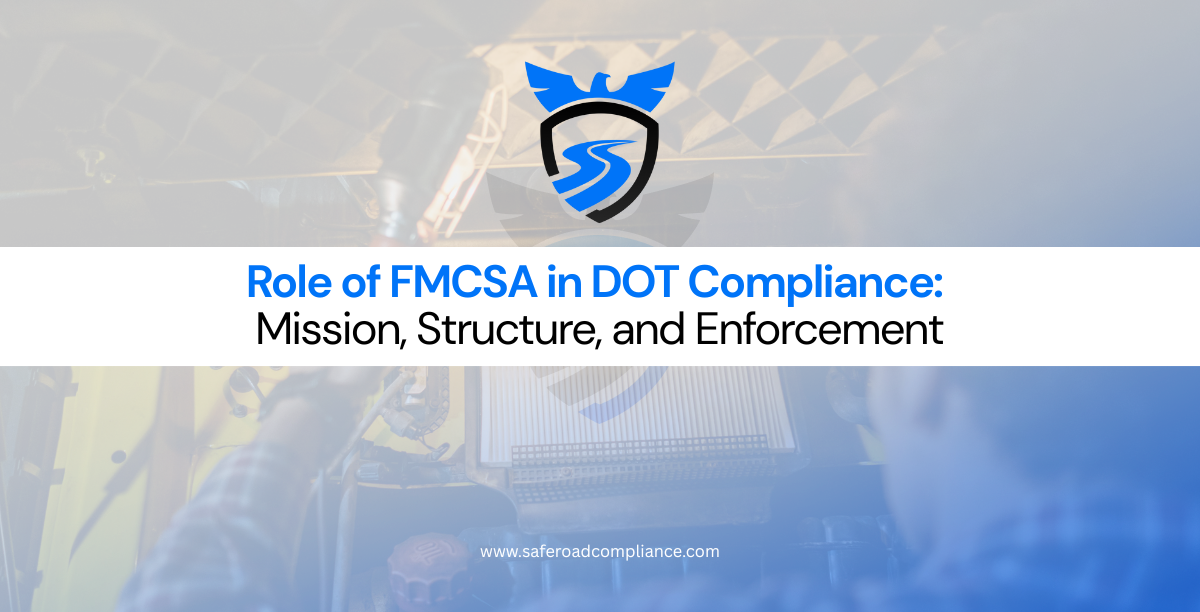
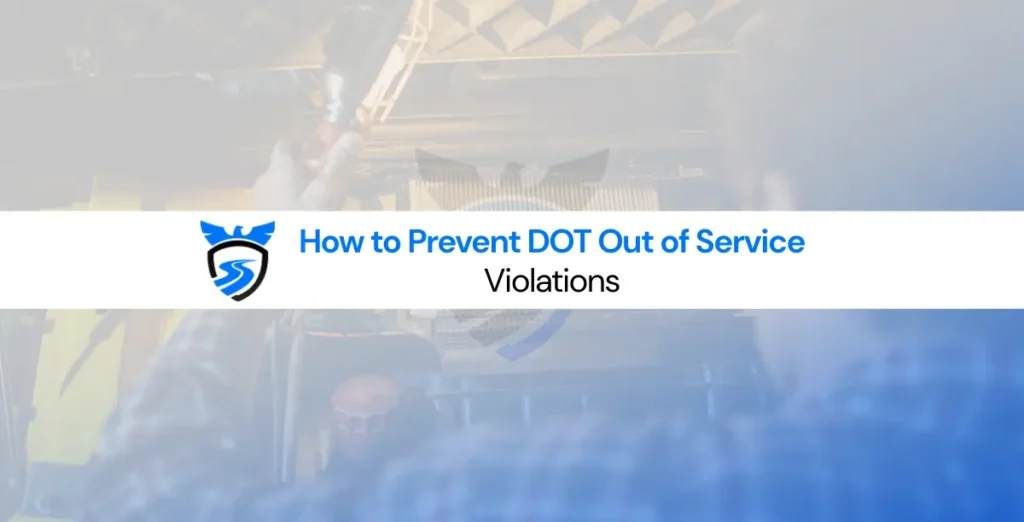
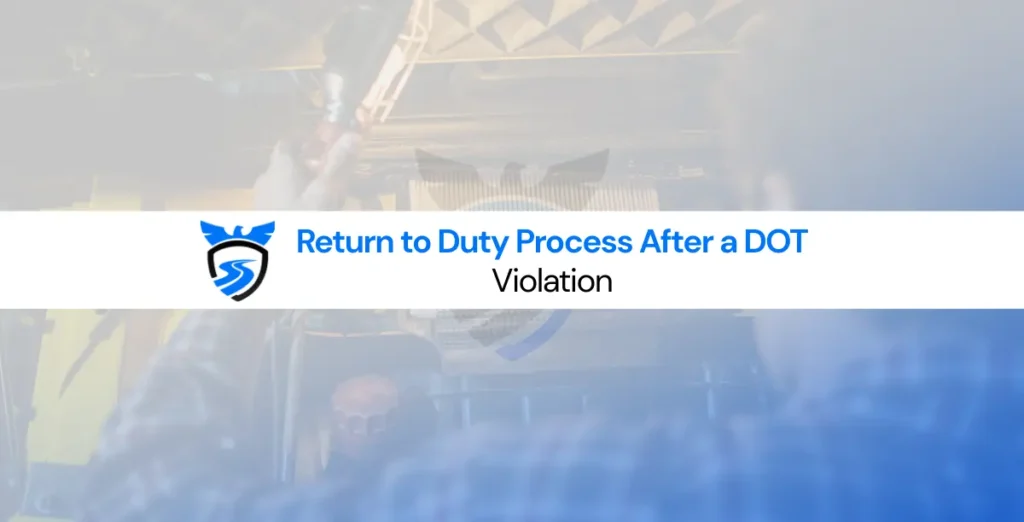
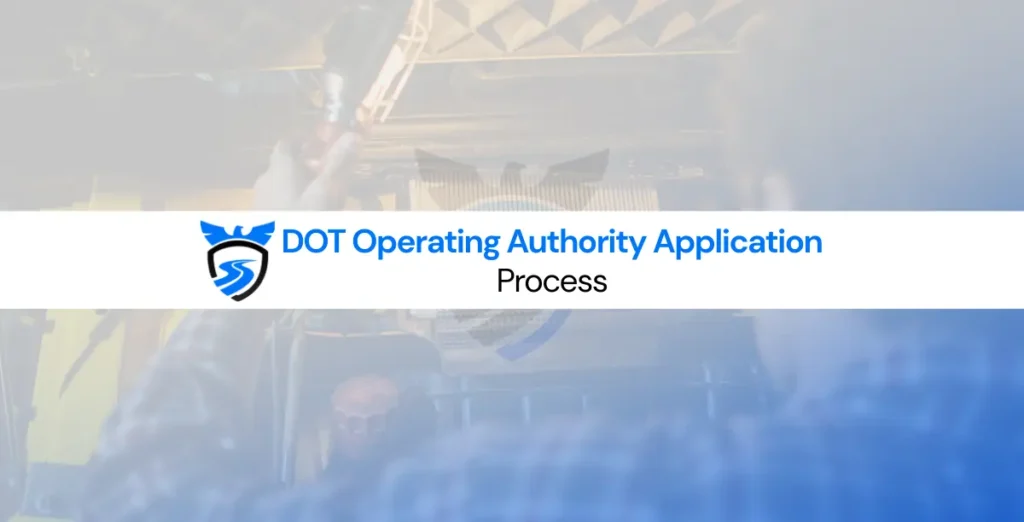
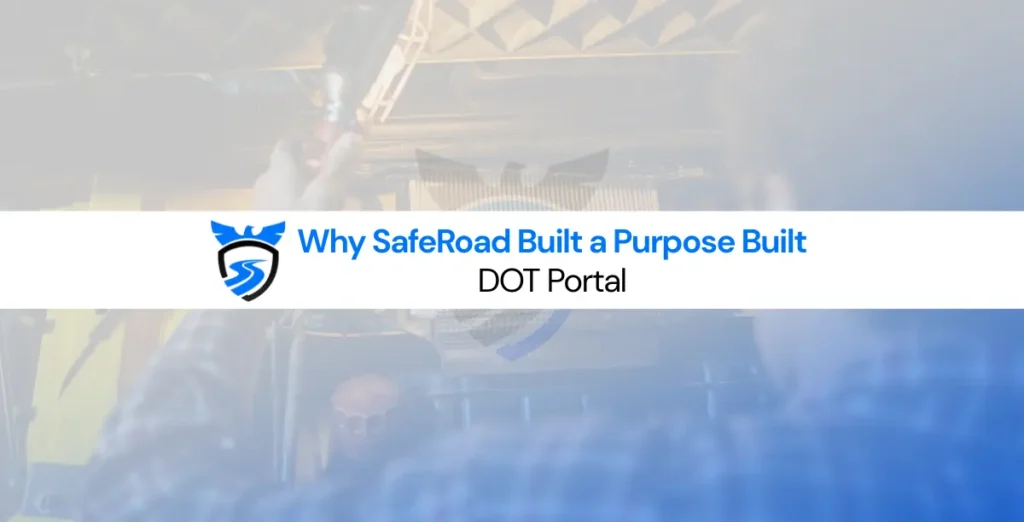
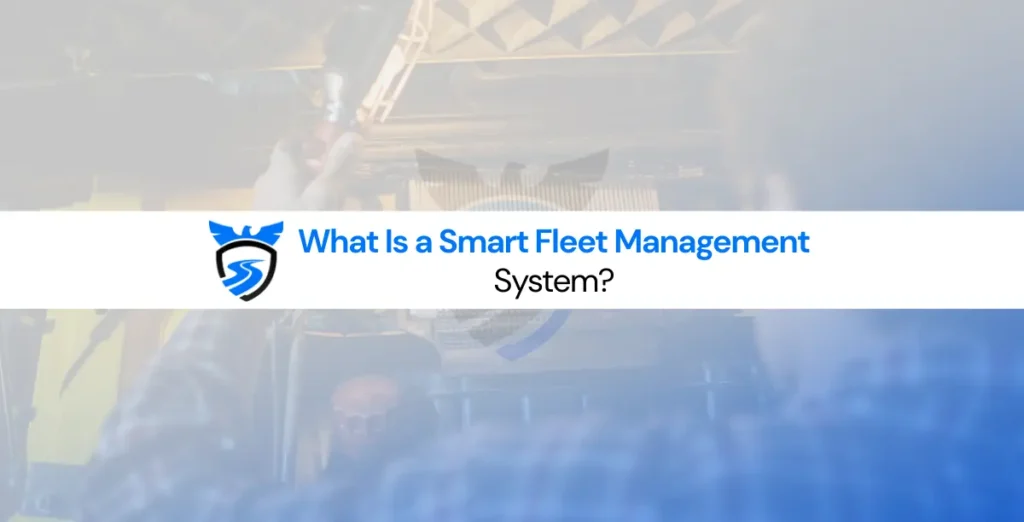
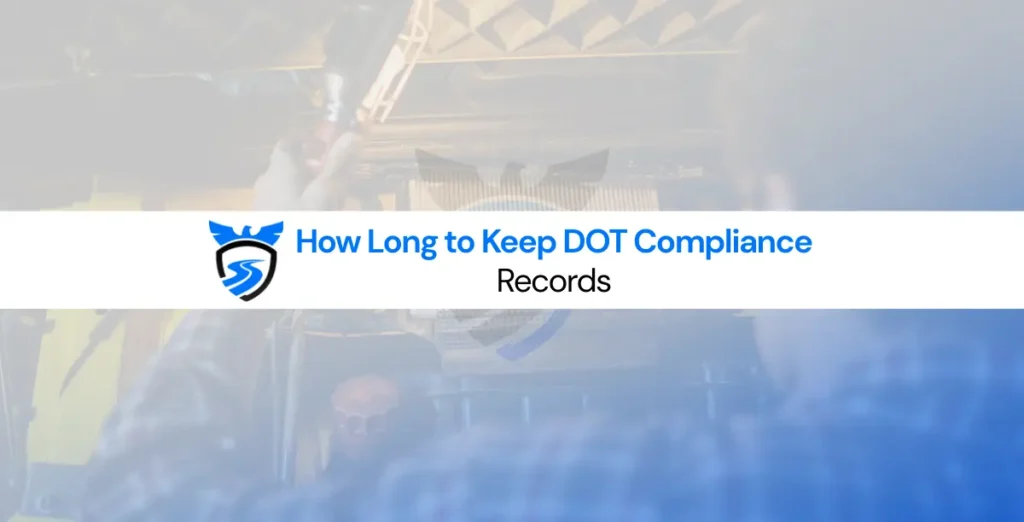
One Response